
Even when fertilizers are applied, plants don’t always get the nutrients they need. Nutrient availability depends on several soil and environmental factors, and optimizing these factors can significantly boost plant uptake and improve crop performance. 1️⃣ Nitrogen (N) Apply nitrogen in split doses to reduce leaching losses, especially in sandy soils. Organic matter additions improves […]
Read More
Cation Exchange Capacity (CEC) is a fundamental soil property that influences how well soils retain and supply essential nutrients to crops. Knowing and managing your soil’s CEC enables growers to reduce fertilizer waste, optimize input costs, and improve long-term soil health. 1️⃣ What is CEC? CEC measures the soil’s ability to hold and exchange positively […]
Read More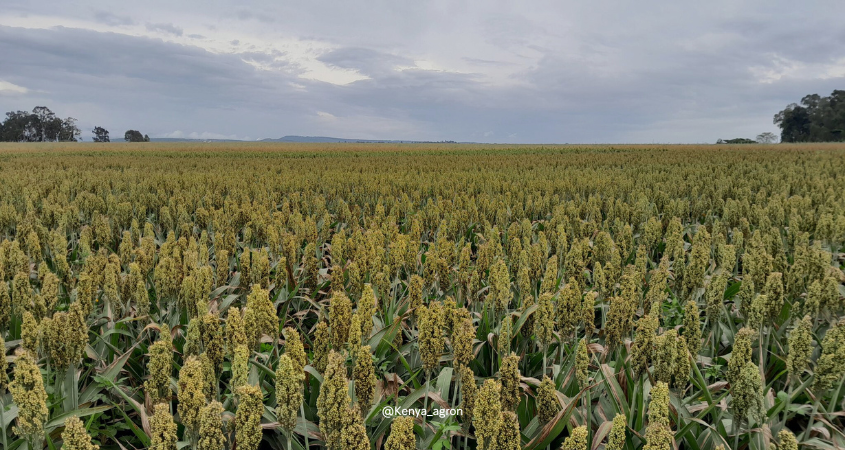
Even when fertilizers are generously applied, plants don’t always get the nutrients they need. Why? Several key soil and environmental factors influence how effectively plants can access and absorb nutrients. These are: 1️⃣ Soil pH Soil pH determines how easily plants can take up nutrients. Most crops thrive in a pH range of 5.5–7.0, where […]
Read More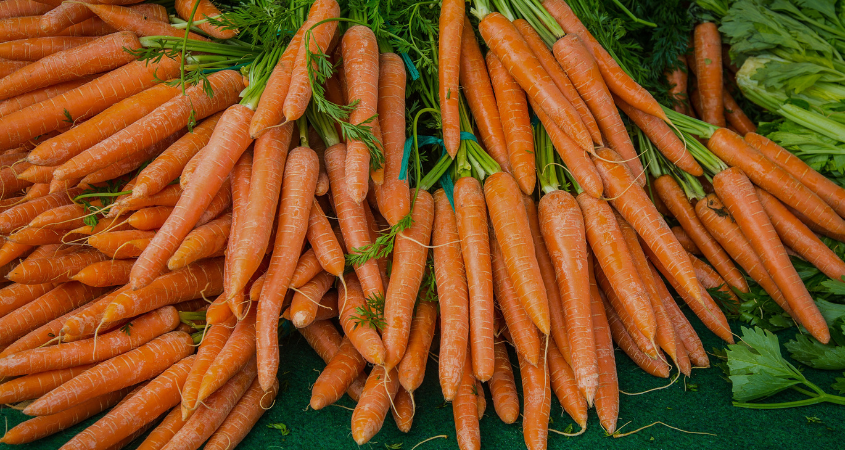
Carrots are a popular and nutritious crop, and to grow healthy and high-yielding carrots, a well-planned fertilizer program is essential. Let’s explore a comprehensive fertilizer program tailored to the various growth stages of carrots. 1️⃣ Pre-Planting Preparation: Begin by conducting a thorough soil test to assess the nutrient levels in your soil. Based on the […]
Read More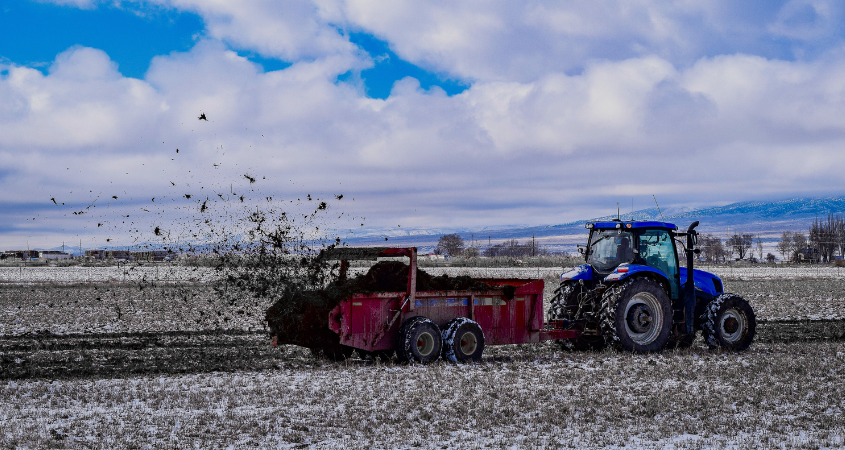
If your fertilizer applications aren’t delivering the expected yield improvements, your soil’s organic matter (SOM) levels could be a key missing piece. Without adequate organic matter, even the most precise nutrient applications can be inefficient. In today’s post, let’s explore how SOM improves crop response to fertilizers: 🔹 Nutrient Retention SOM acts as a slow-release […]
Read More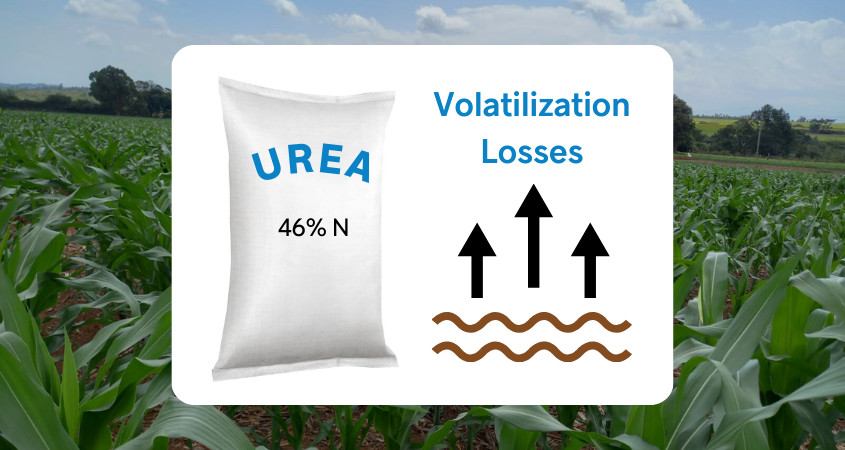
Urea is a commonly used nitrogen top dressing fertilizer, and its effective utilization is pivotal for optimizing crop growth and yield. Urea is, however, prone to volatilization which is the loss of nitrogen to the atmosphere. Nitrogen, when lost through volatilization, not only reduces fertilizer efficiency but can also contribute to air pollution and negatively […]
Read More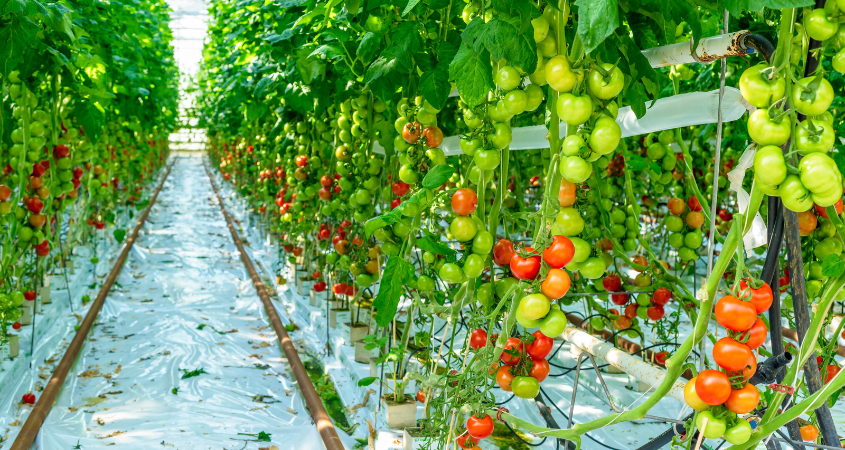
Soil testing provides farmers and agronomists with essential insights into the nutrient status of their soil, enabling them to address deficiencies before they impact crop health and yields. Let’s explore the critical role soil testing plays in remedying plant nutrition deficiencies and optimizing crop yield: 1️⃣ Accurate Diagnosis of Nutrient Deficiencies Visual symptoms of nutrient […]
Read More
Healthy soils are the foundation for resilient, high-yielding, and sustainable farming systems. Nurturing soil health is the first and most crucial step to increasing crop Brix levels, enabling lower input costs, greater crop resilience, and enhancing long-term productivity. Here’s why soil health is critical for every farmer and agronomist: 1️⃣ Enhanced Nutrient Availability Soils rich […]
Read More
As we move into 2025 and prepare for planting, think carefully about what you can do to set your soil up for a successful harvest. It should start with soil structure, fertility and nutrition. For me, soil testing is absolutely crucial to making good planting decisions – too much and you are wasting money – […]
Read More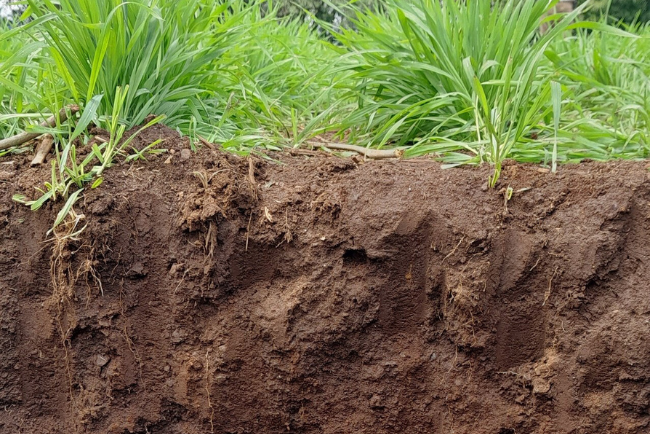
Petrichor is the refreshing, earthy scent that fills the air when rain or water touches the ground after a dry spell. This unique fragrance is caused by the release of compounds such as geosmin, produced by soil-dwelling bacteria, and oils secreted by plants. The term “petrichor” comes from the Greek words petra (stone) and ichor […]
Read More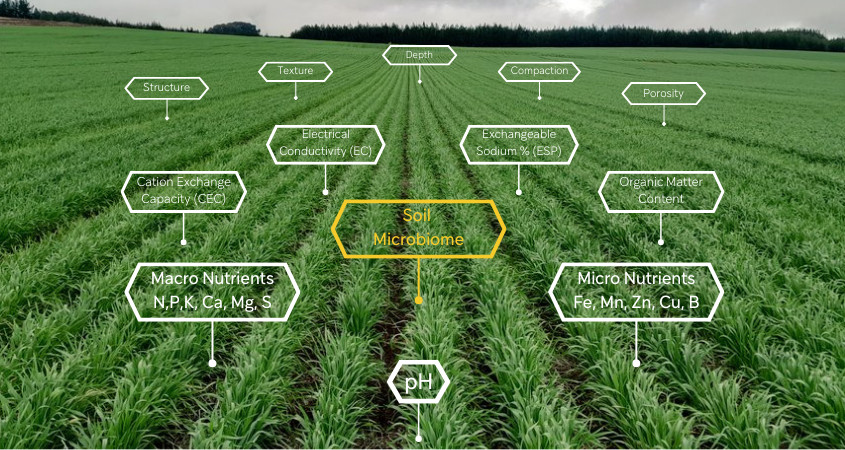
Traditional soil health assessments often focus on a narrow set of physical and chemical indicators, such as soil texture, pH levels, and nutrient content. While these parameters are important, they provide only a partial view of soil health, often neglecting the critical role of biological factors in maintaining soil vitality. The Cropnuts Soil Health Care […]
Read More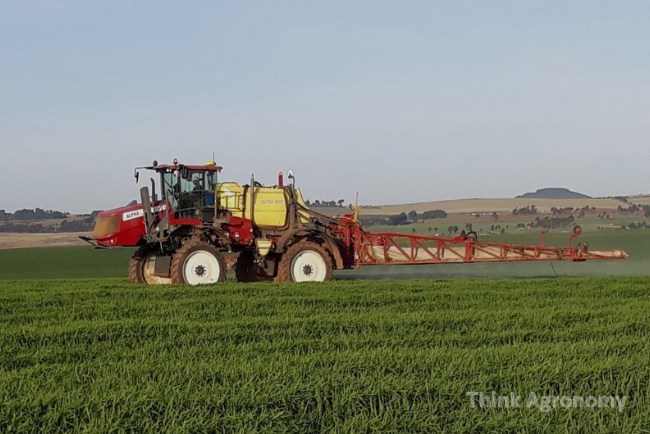
We often focus extensively on grassweed control in cereals, but on many farms – particularly where cereals have been grown year on year – many broadleaved weeds are becoming challenging and robbing us of yield and quality. Thankfully there are many options available so rotating chemistry, if not rotating crops, can be part of the […]
Read More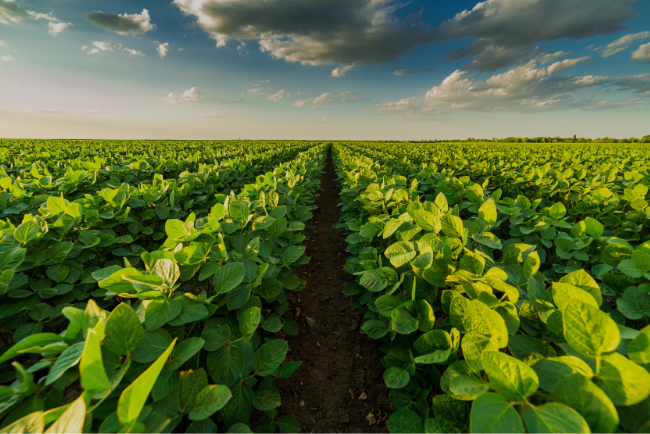
Healthy soils are the foundation of a resilient, high-yielding, and sustainable farming system. But did you know that soil health also plays a critical role in crop protection? A thriving soil ecosystem not only supports plant growth but also creates natural defences against pests and diseases—significantly reducing the need for chemical inputs. Here’s why soil […]
Read More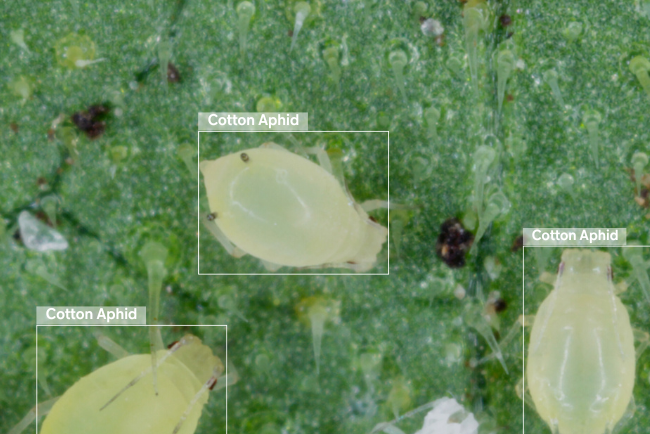
Integrated Pest Management (IPM) is a holistic approach to crop protection that combines various strategies to control pests while minimising environmental impact and economic costs. IPM uses a combination of biological, cultural, mechanical, and chemical methods, emphasising prevention and monitoring to manage pest populations sustainably. Here’s how IPM works: 1️⃣ Ecosystem-Based Approach IPM starts with […]
Read More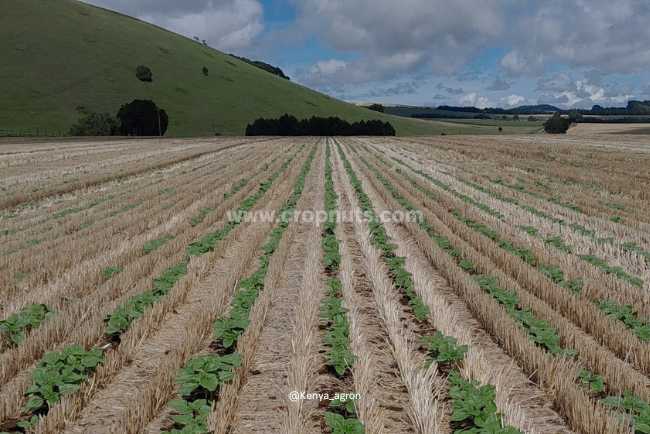
When soil testing and leaf testing are combined, they create a powerful synergy effect that significantly improves nutrient management, crop productivity, and overall farm sustainability. This combination leads to a series of outcomes that build upon one another, from accurate nutrient diagnosis to long-term soil health, ultimately supporting food security. Here are some of the […]
Read More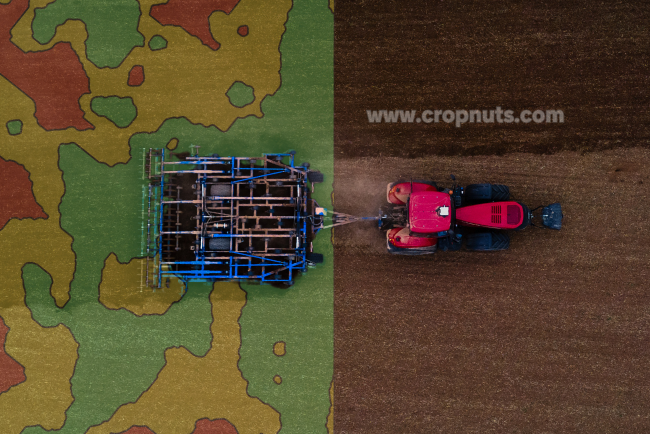
Precision farming, also known as precision agriculture, is an agricultural management approach that leverages data-driven technologies like GPS-guided equipment, satellite imagery, and data analytics to optimise crop production through precise input applications. Instead of a “one-size-fits-all” approach, farmers and agronomists can tailor inputs like lime, fertilisers, and pesticides to match the specific needs of each […]
Read More
We have no excuses. East Africa has produced world-record crops of barley in recent years and coming out of a wet season with a full profile of soil moisture, into a dry and bright finish in January and February, the potential this year is enormous on farms that have taken the long view and found […]
Read More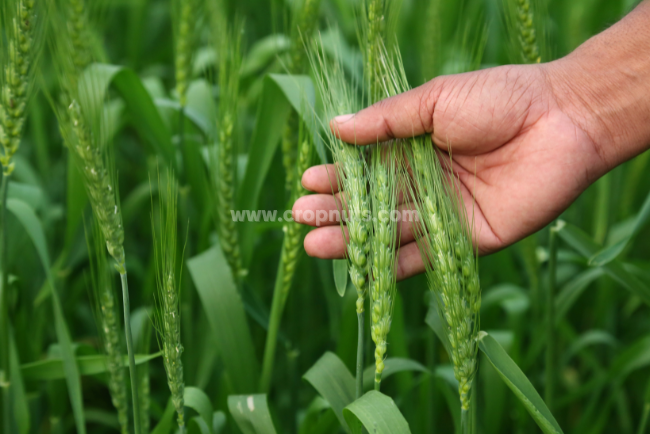
Manganese (Mn) is a crucial micronutrient in plant nutrition. Despite being required in smaller quantities, manganese plays a significant role in plant growth and yield. Let’s explore why manganese is vital for plants and how to manage it effectively for optimal crop productivity: 1️⃣ Role of Manganese in Plants Manganese activates important enzymes involved in […]
Read More
Pest and disease diagnosis are crucial in identifying crop threats or pathogens early. This proactive approach to crop protection allows farmers and agronomists to make informed, data-driven decisions that optimise pest and disease management, minimise chemical use, and promote sustainable farming. Here’s a breakdown of the pest and disease diagnostics process: 1️⃣ Visual Inspection Pest […]
Read More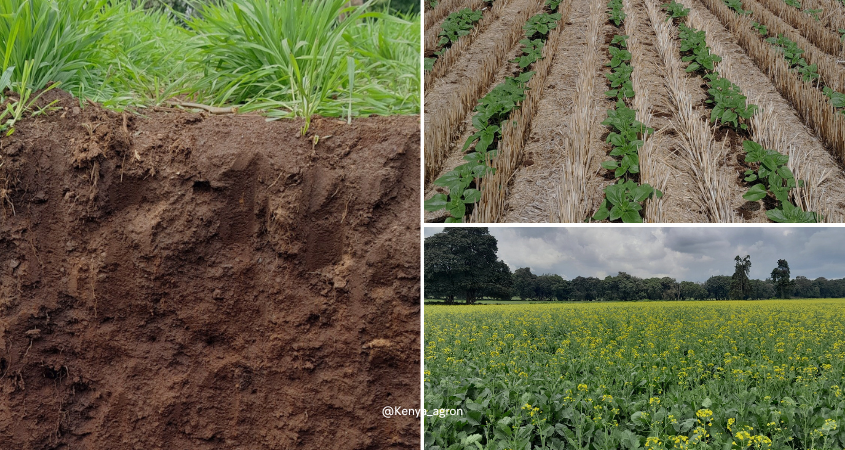
Healthy soils are the foundation for resilient, high-yielding, and sustainable farming systems. Nurturing soil health is the first and most crucial step to reducing inputs, improving crop resilience, and enhancing long-term productivity. Here’s why soil health is critical for every farmer and agronomist: 1️⃣ Enhanced Nutrient Availability Soils rich in organic matter and biological activity […]
Read More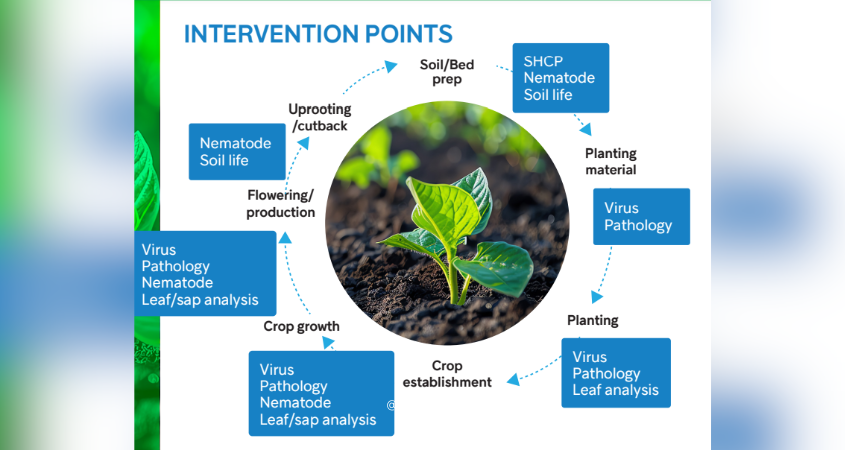
Integrated Crop Management (ICM) offers a comprehensive framework that enables farmers and agronomists to redesign their crop protection strategies sustainably. With ICM, farmers can meet the new market demands of reducing the overall use and risk of chemical pesticides—without sacrificing crop productivity. Here’s how ICM transforms crop protection in line with today’s market challenges: 1️⃣ […]
Read More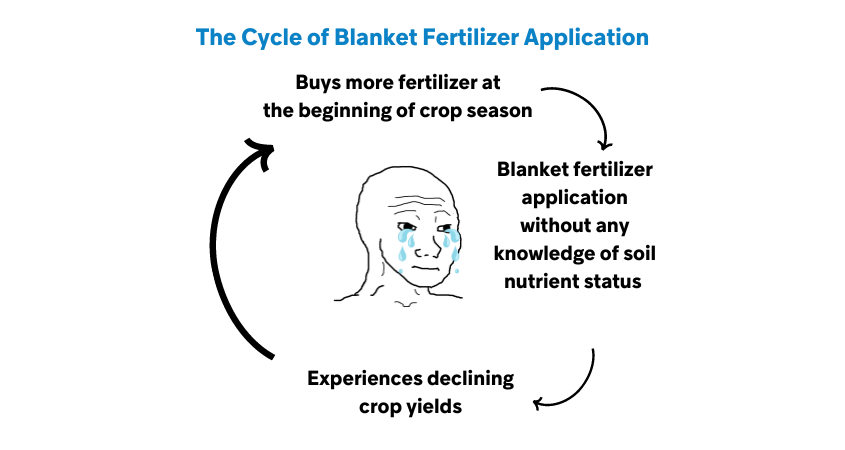
1️⃣ Farmer buys more fertilizer at the beginning of the crop season At this stage the farmer is purchasing fertilizers without assessing the soil’s nutrient needs, potentially leading to over-application or inappropriate use of fertilizers. 2️⃣ Farmer makes blanket fertilizer application without any knowledge of soil nutrient status In this stage, the farmer applies fertilizers […]
Read More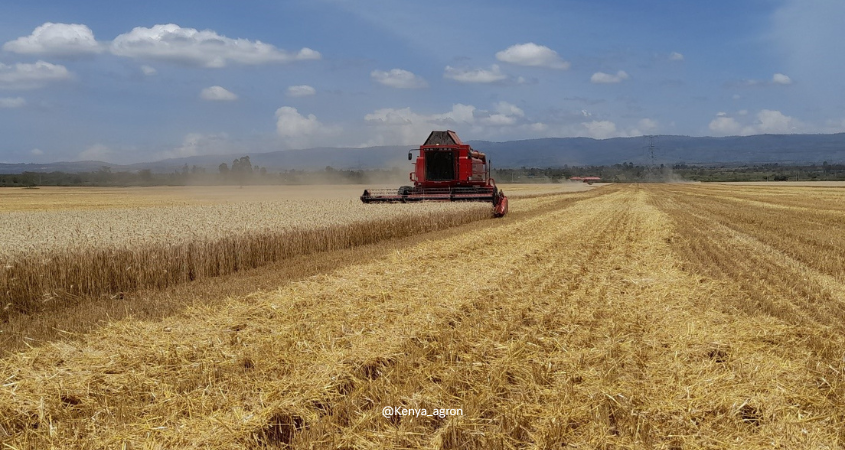
This will be a harvest that is unfortunately remembered for many years to come, for pre-harvest sprouting in wheat. We can’t say we couldn’t have seen it coming after a run of fairly easy, dry harvests but what is different about this harvest is that we have generally moved away from the highest-risk varieties like […]
Read More
Integrated Crop Management (ICM) is a holistic approach that combines various crop production methods and management practices to maximize crop productivity while minimizing adverse environmental impact. ICM emphasizes data-driven decision-making, sustainable practices, and a balance between traditional and innovative farming techniques to ensure long-term farm viability. The key components of ICM include: 1️⃣ Soil Health […]
Read More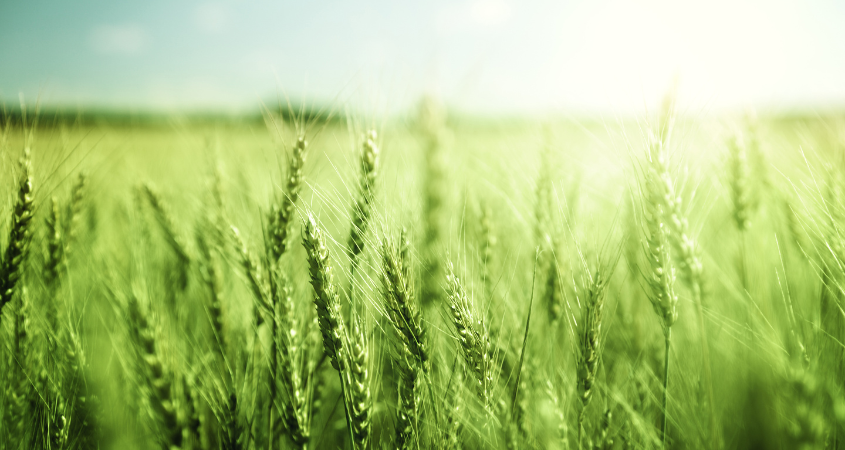
Copper (Cu) is a vital micronutrient that plays a crucial role in plant growth and development. Although required in trace amounts, copper has a significant impact on crop health and productivity. Let’s explore the importance of copper in plant nutrition and how to manage it effectively to ensure optimal crop performance: 1️⃣ Role of Copper […]
Read More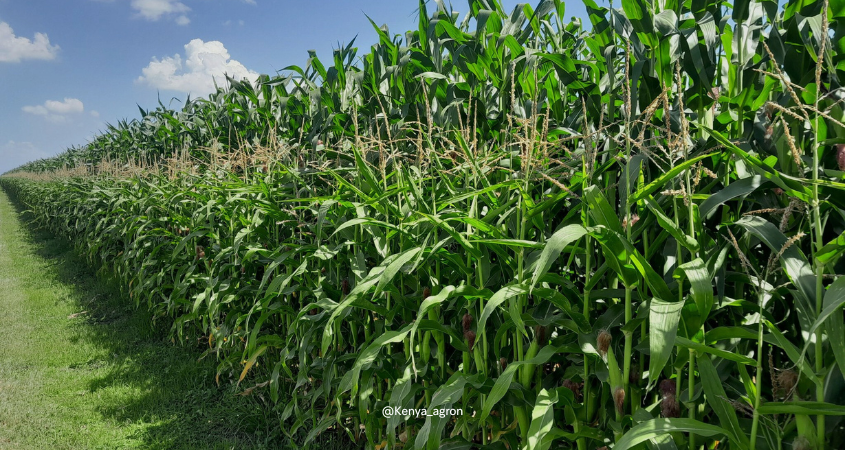
Zinc (Zn) is a vital micronutrient that plays a crucial role in plant growth and development. Although required in small amounts, zinc is essential for many physiological functions in plants and significantly impacts both crop yield and quality. Let’s explore the importance of zinc in plant nutrition and how to manage it effectively for optimal […]
Read More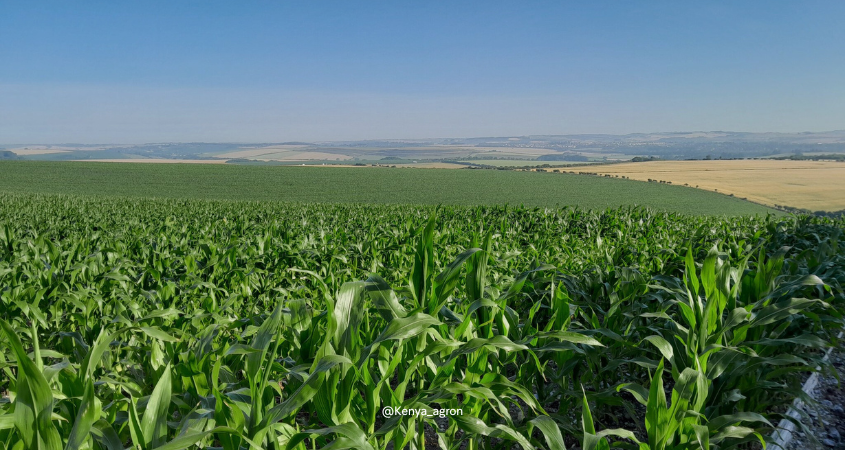
Soil health is the foundation of productive agriculture, and the strategic addition of lime and organic matter can significantly improve soil fertility and structure. Let’s explore how these two critical amendments work together to enhance soil health and support sustainable farming practices. 1️⃣ Impact of Lime on Soil Health Lime is commonly used to correct […]
Read More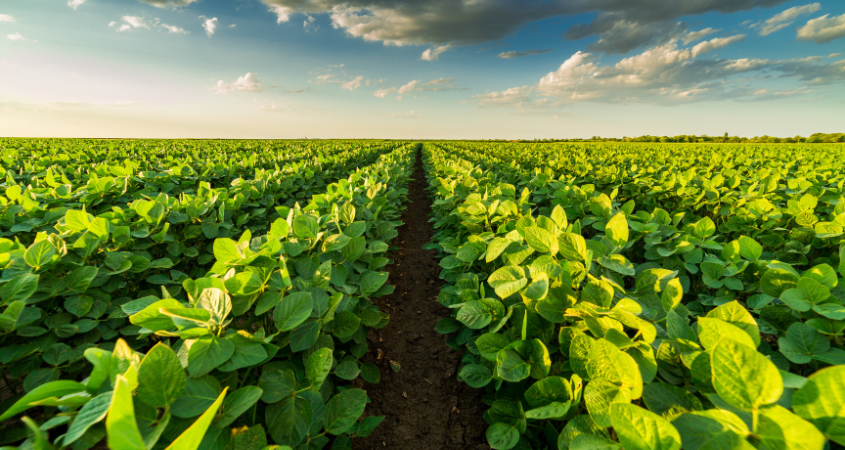
Iron (Fe) is a crucial micronutrient that is essential for plant health, playing a pivotal role in photosynthesis and as a catalyst for various biochemical processes. Despite its trace requirement, iron’s impact on plant health and productivity is significant. Let’s dive into why iron is crucial for plants and how to ensure its optimal availability […]
Read More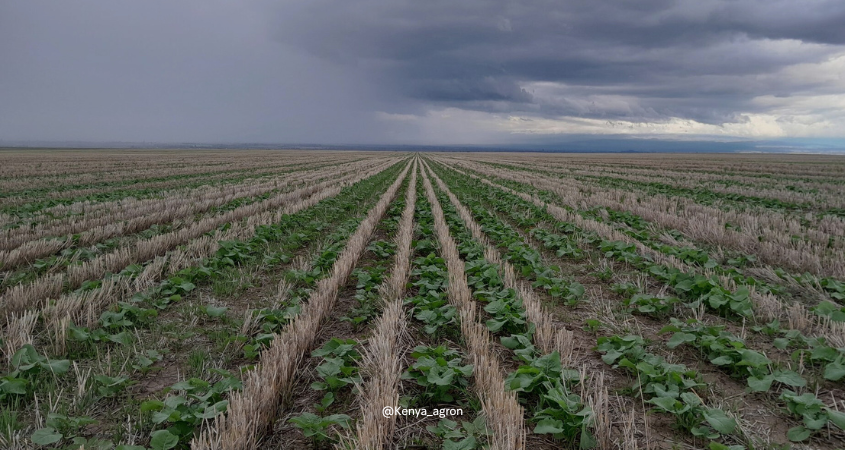
As we confront the pressing challenge of climate change, understanding the pivotal role of soil organic matter (SOM) is crucial. Let’s explore how enhancing SOM can serve as a powerful tool in our efforts to mitigate the impacts of climate change: 1️⃣ Carbon Sequestration Soil is one of the largest carbon sinks on the planet. […]
Read More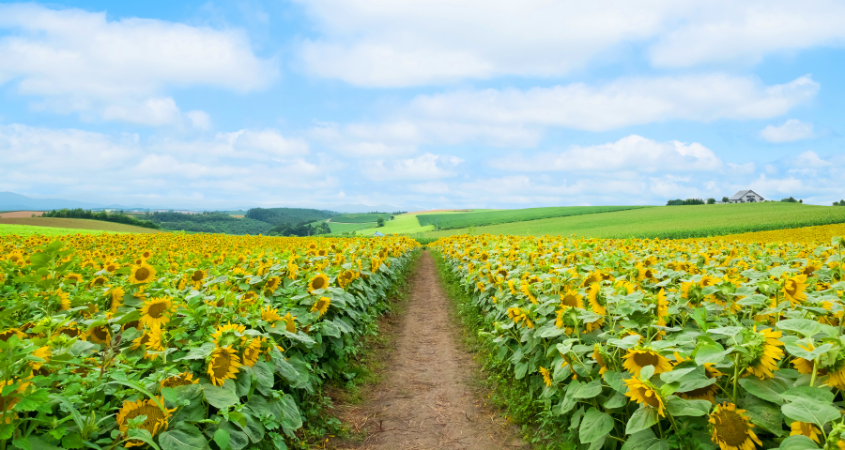
Boron (B) is an essential micronutrient that plays a critical role in plant growth and development. Despite being required in small quantities, boron significantly impacts crop yield and quality. Let’s explore the importance of boron in plant nutrition and how to manage it effectively for optimal crop production: 1️⃣ Role of Boron in Plants Boron […]
Read More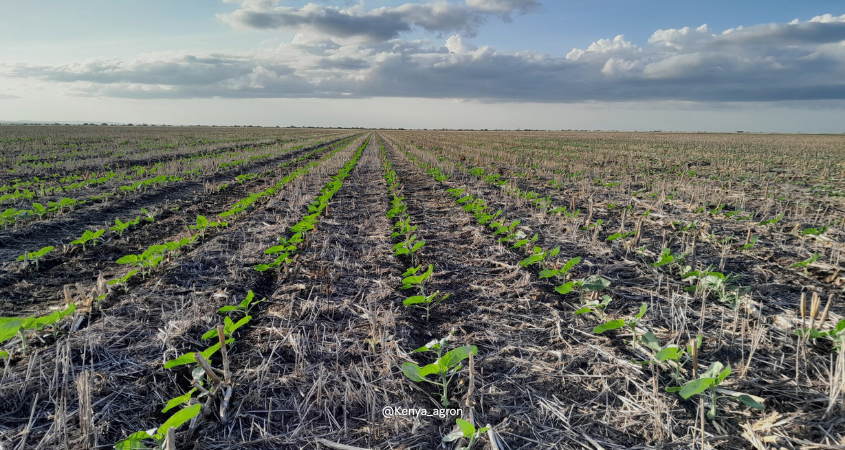
Understanding the dynamic relationship between soil microbes and soil organic matter (SOM) is crucial for farmers, agronomists, and anyone involved in soil management. Let’s explore how soil microbes and organic matter work together to create fertile and productive soils. 1️⃣ Role of Soil Organic Matter Soil organic matter comprises decomposed plant residues and animal manures. […]
Read More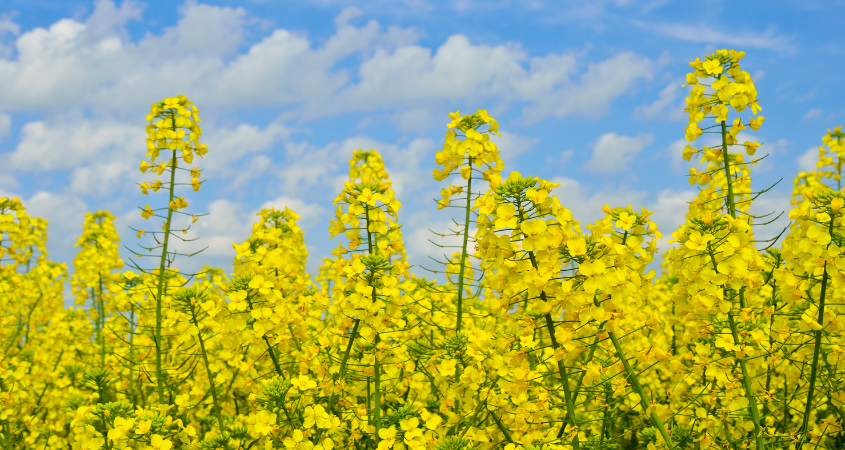
Sulfur (S) is a vital nutrient that plays a crucial role in plant growth and development. A secondary macronutrient, sulfur is indispensable for various physiological processes in plants. Let’s explore the importance of sulfur in plant nutrition and how it contributes to robust crop growth: 1️⃣ Role of Sulfur in Plants Sulfur is a key […]
Read More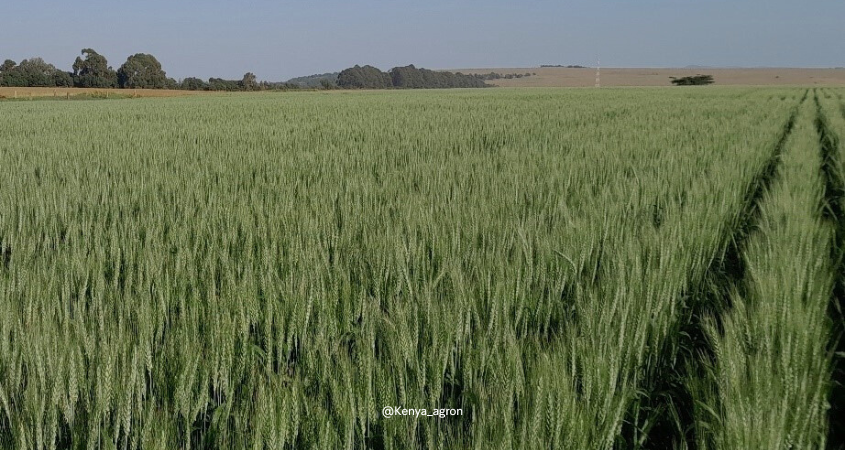
Think Agronomy Newsletter – July 2024 Having recently completed an exercise comparing wheat production costs and gross margins on clients’ farms, it is clear that there are a lot of improvements we can make by learning from each other. Variable costs alone have risen by around 65% in the past five years so it is […]
Read More
Magnesium (Mg) is a vital nutrient that plays a crucial role in plant health and productivity. Magnesium is a secondary macronutrient indispensable for various physiological processes in plants. Let’s explore the significance of magnesium in plant nutrition and how it contributes to robust crop growth: 1️⃣ Role of Magnesium in Plants Magnesium is a central […]
Read More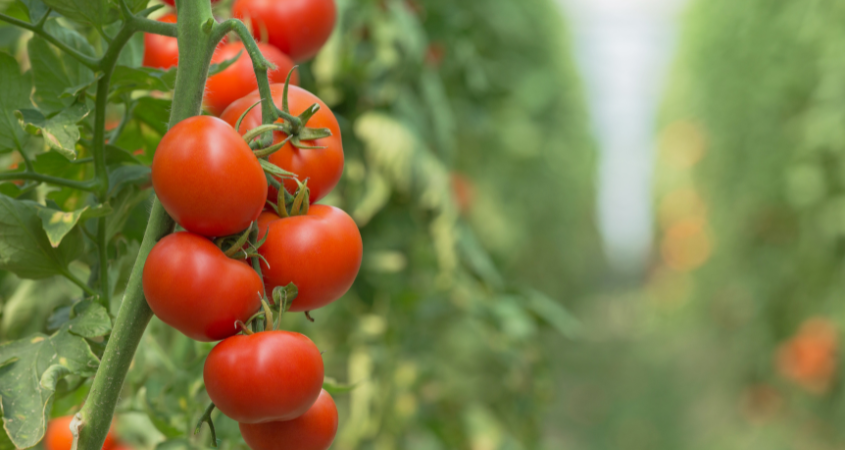
Tomatoes are one of the most beloved crops, and to ensure a bountiful harvest of juicy and flavorful tomatoes, a well-tailored fertilizer program is essential. Let’s explore a comprehensive fertilizer program to optimize your tomato crop’s growth and yield: 1️⃣ Pre-Planting Stage Begin with a thorough soil and water test to assess the nutrient status […]
Read More
Food safety and public health are intrinsically connected, with the safety of the food supply playing a critical role in ensuring the overall health and well-being of the population. Here’s a detailed breakdown of how these two areas are interconnected: 1️⃣ Prevention of Foodborne Illnesses Food safety directly impacts public health by preventing foodborne illnesses. […]
Read More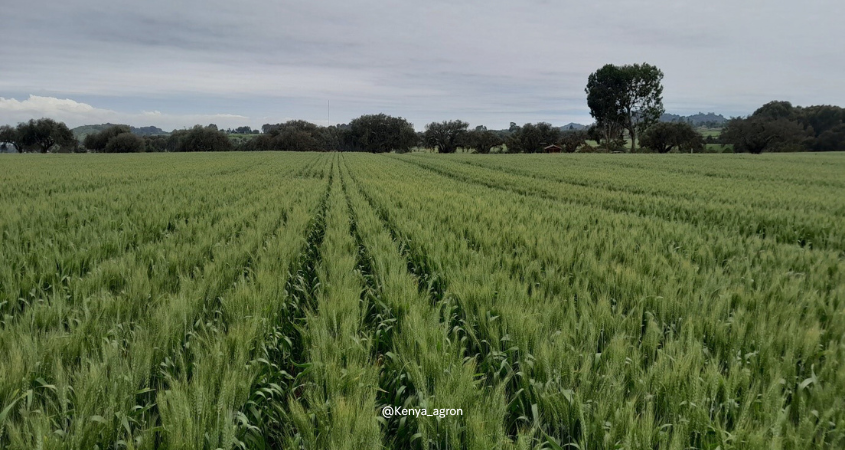
Think Agronomy Newsletter – June 2024 Growing a big crop that looks really promising… in a season with good rainfall… until those tell-tale white bleached ears appear when you are on the home straight. There is nothing more soul-destroying than seeing a great crop become heavily infected with Fusarium. Yield alone will be damaged, but […]
Read More
Think Agronomy Newsletter – May 2024 With good rain around there is a lot of potential in maize crops, so pushing them to reach their potential makes a lot of sense. Topdressing is one of those inputs that can really make a big difference to yields, with the addition of nitrogen raising yields by another […]
Read More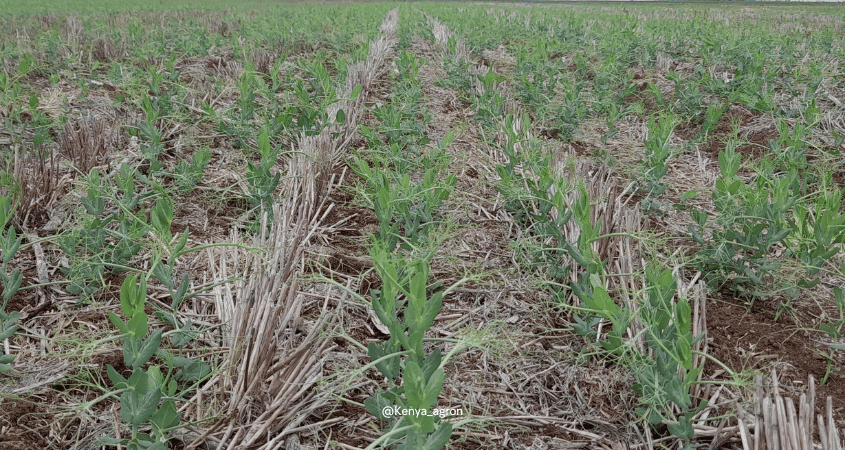
The farming practices required to put regenerative agriculture principles into practice will vary depending on local conditions and needs. However, in all cases, they must: 1️⃣ Reduce soil disturbance by minimizing mechanical tillage to maintain soil organic matter, soil structure, and overall soil health 2️⃣ Improve and maintain a protective organic cover on the soil […]
Read More
A compound fertilizer is a type of fertilizer that contains two or more essential plant nutrients in each granule or particle. Unlike single-nutrient fertilizers (e.g. urea), compound fertilizers are formulated to provide a balanced mixture of nutrients to support plant growth and development. Here are key characteristics and aspects of compound fertilizers: 1️⃣ Nutrient Composition […]
Read More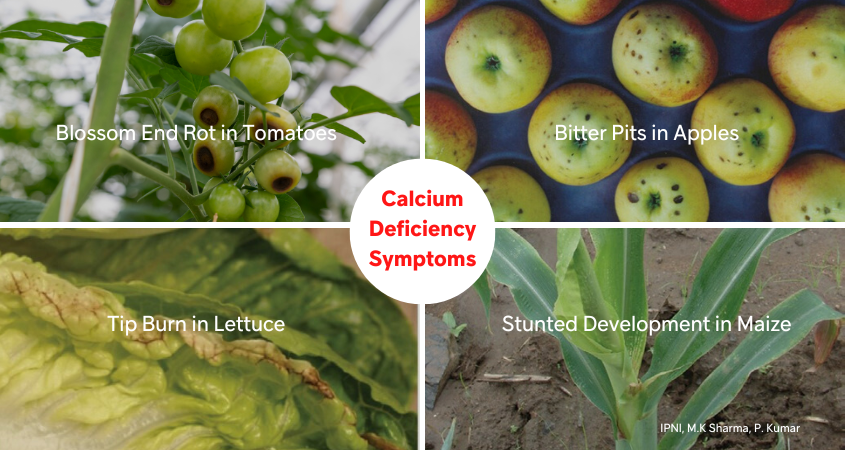
Calcium (Ca) is a vital nutrient essential for robust plant growth and development, yet often overlooked compared to nitrogen, phosphorus, and potassium. In today’s discussion, we will explore the critical role of calcium in plant physiology and its importance for achieving healthy crops and higher yields. 1️⃣ Calcium Role in Plants Calcium is a primary […]
Read More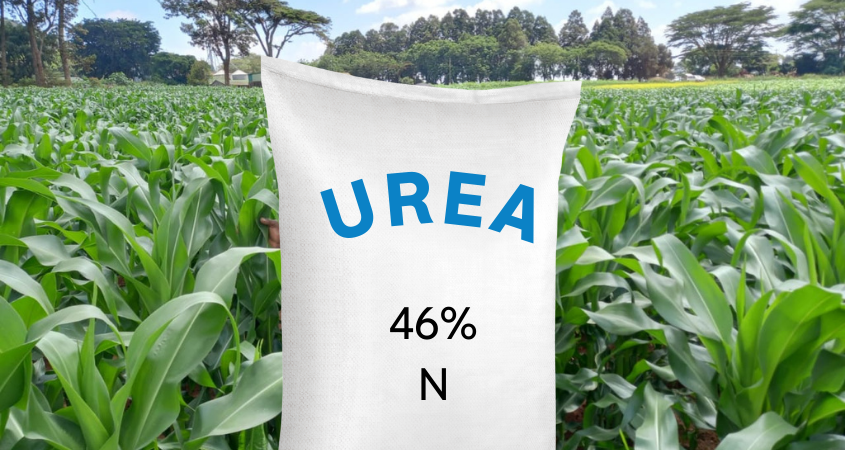
Did you know that urea is one of the most widely used nitrogen fertilizers globally? Let’s explore why urea is essential for optimizing crop nutrition and boosting agricultural productivity: 1️⃣ Production Process Urea fertilizer is produced through a controlled reaction of ammonia gas (NH3) and carbon dioxide (CO2) under specific temperature and pressure conditions. The […]
Read More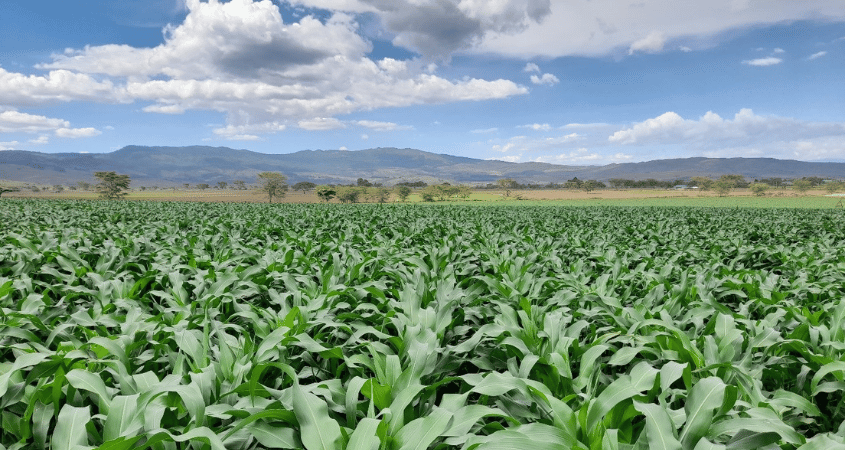
Think Agronomy Newsletter – April 2024 Since its arrival in 2017, Fall Armyworm has for some been a recurring challenge. For others, much less of a problem. I have been slightly surprised this season by the higher levels of damage early on in crops than I have seen in recent years, but these are not […]
Read More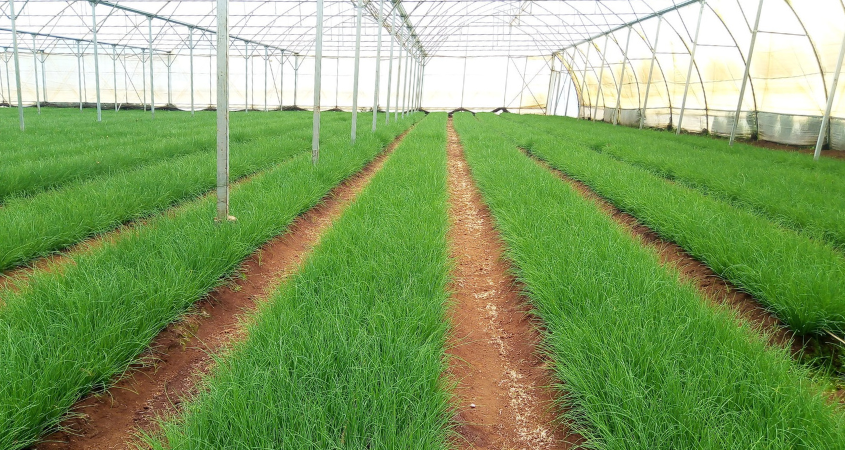
Plant nutrition is a complex interplay of essential elements, including both macronutrients and micronutrients. While macronutrients like nitrogen, phosphorus, and potassium are often in the spotlight, micronutrients such as zinc, iron, manganese, copper, molybdenum, and boron are equally crucial for healthy plant growth. However, several misconceptions surround the importance and application of these micronutrients. Let’s […]
Read More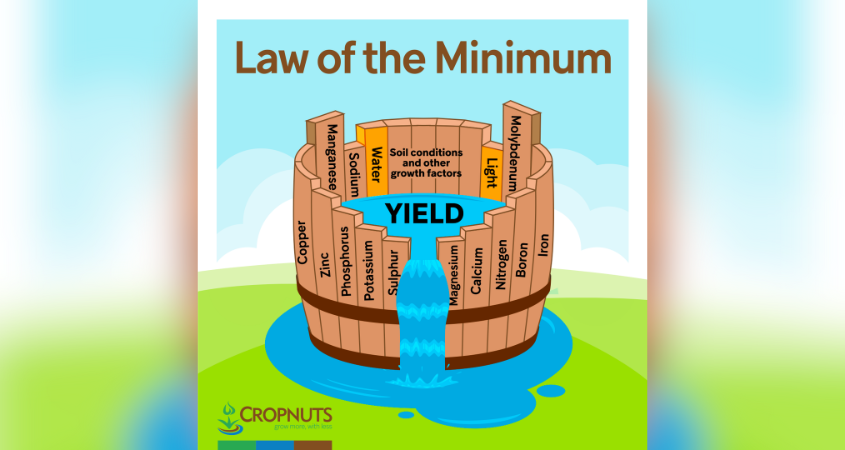
The Law of the Minimum, proposed by German scientist Justus von Liebig in the mid-19th century, is a principle in crop agriculture that states that plant growth is limited by the nutrient in shortest supply relative to the plant’s needs, even if all other essential nutrients are abundant. In simpler terms, it suggests that the […]
Read More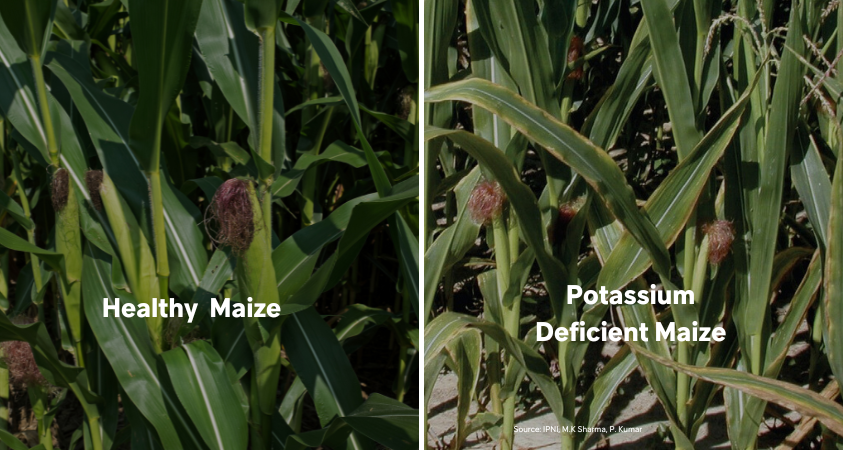
Potassium (K) is an essential nutrient that plays a pivotal role in plant growth, development, and overall health. Today, let’s unravel the world of potassium, as we explore its significance in agriculture and its profound impact on crop productivity. 1️⃣ The Role of Potassium in Plant Physiology Potassium is involved in numerous physiological processes within […]
Read More
Phosphorus (P) is an essential macronutrient, vital for promoting healthy root development, early shoot growth, and seed formation processes. Let’s explore the dynamic relationship between phosphorus and crop performance, highlighting its significance in achieving optimal yields and agricultural sustainability. 1️⃣ Forms of Phosphorus in the Soil Phosphorus exists in various forms within the soil, ranging […]
Read More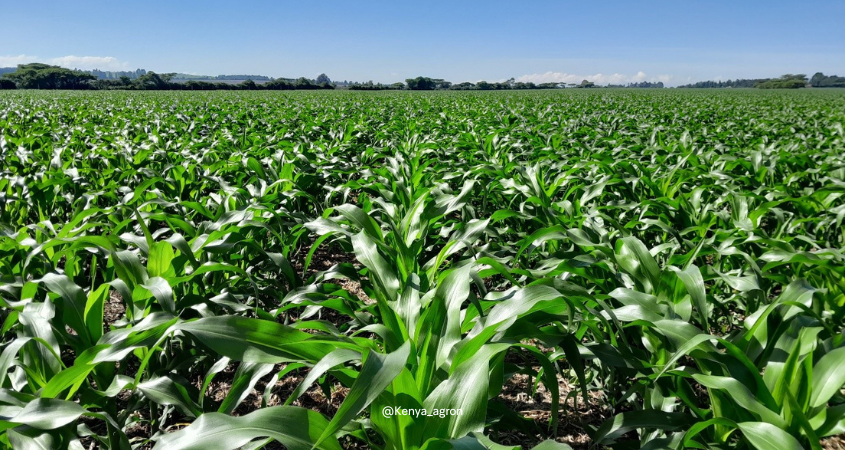
Fertilizers are a key pillar of crop nutrient supply. However, the agricultural landscape has recently witnessed an unprecedented challenge — soaring fertilizer prices. For farmers and agronomists, this poses both an agronomic and economic challenge. In this discussion, we delve into the strategies for nurturing healthy, thriving crops in times of high fertilizer prices. 1️⃣ […]
Read More
Nitrogen (N) plays a vital role in enhancing the performance of agronomic crops. It promotes greener growth, optimal tiller production, increased yields, improved grain quality, and better cob and flower formation. Let’s take a deep dive into nitrogen’s critical role, acknowledging the depth of its impact on plant growth and overall agricultural productivity. 1️⃣ Forms […]
Read More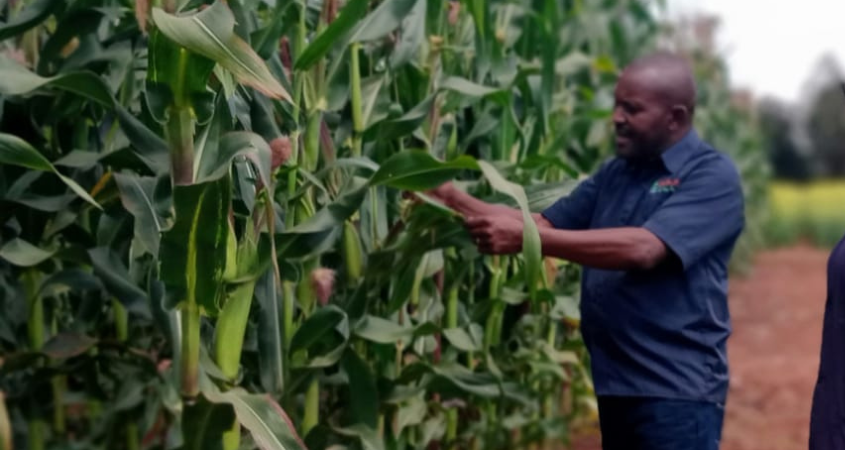
Think Agronomy Newsletter – Updated on Wednesday, 13th March 2024 Visiting the agrovets presents a bewildering choice at this time of year, as that all-important decision around which maize seed to plant comes closer. We take a look at some of the options available for 2024 for high and mid-altitude areas. Highland The choices for […]
Read More